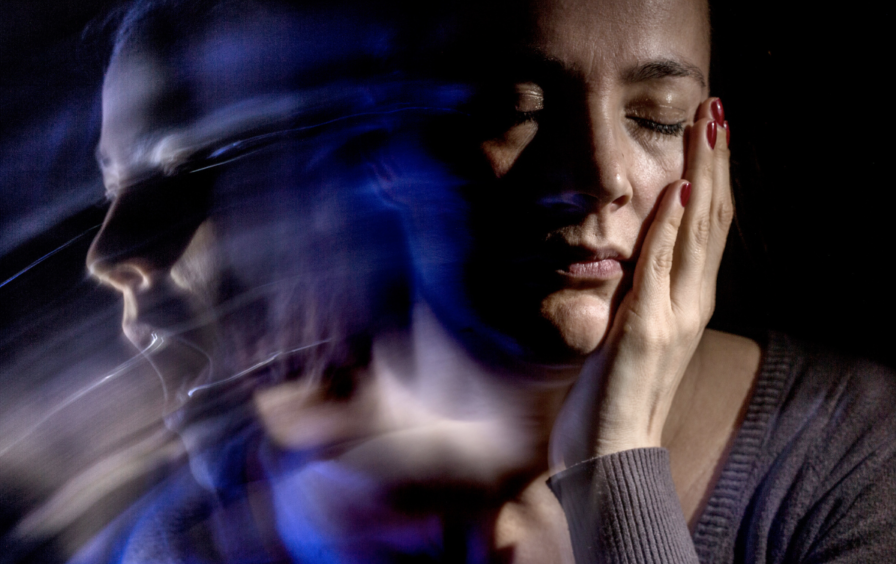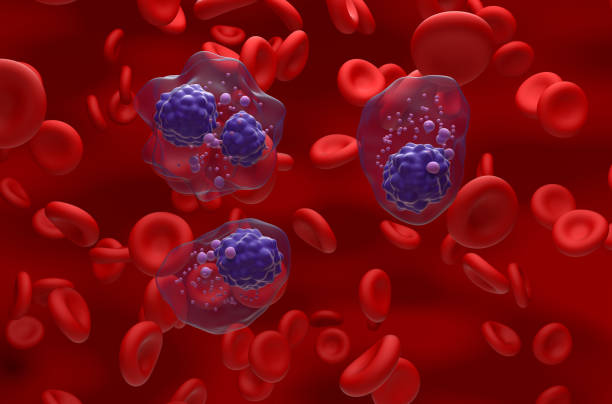Navigating the Diagnosis of Bipolar Disorder: A Detailed Guide to Bipolar Tests and Assessment
Bipolar disorder, a complex mental health condition with dramatic mood swings, requires careful diagnosis to manage effectively. The process involves a series of evaluations, including clinical interviews, psychological questionnaires, and sometimes physical examinations. Understanding these tests and the diagnosis process is crucial for individuals who suspect they or their loved ones might have bipolar disorder.
Understanding Bipolar Disorder
Bipolar disorder is characterized by extreme mood swings that include periods of emotional highs (mania or hypomania) and lows (depression). These mood swings can affect sleep, energy, activity, judgment, and behavior.
Signs and Symptoms of Bipolar Disorder
- Manic Phase: Includes symptoms like high energy, euphoria, irritability, reduced sleep need, racing thoughts, and sometimes reckless behavior.
- Depressive Phase: Characterized by feelings of sadness, hopelessness, loss of interest in activities, fatigue, and in severe cases, thoughts of suicide.
The Importance of Accurate Diagnosis
An accurate diagnosis of bipolar disorder is critical as it significantly impacts the treatment approach. Misdiagnosis can lead to ineffective or even harmful treatments. For instance, treating bipolar disorder as regular depression can exacerbate manic episodes.
Bipolar Disorder Tests and Diagnosis
Clinical Evaluation
- Medical and Psychiatric History: Detailed discussion about personal and family medical history, especially any history of mood disorders.
- Mental Health Evaluation: Consultation with a psychiatrist or psychologist to discuss symptoms, thoughts, feelings, and behavior patterns.
Diagnostic Criteria
- DSM-5 Criteria: Diagnosis is usually based on criteria outlined in the Diagnostic and Statistical Manual of Mental Disorders (DSM-5).
- Assessment of Mood Episodes: Severity, frequency, and duration of mood episodes are key factors in diagnosis.
Mood Charting
- Patients may be asked to maintain a daily log of their moods, sleep patterns, and other factors that could help in identifying the nature of the disorder.
Psychological Questionnaires and Inventories
- Tools like the Mood Disorder Questionnaire (MDQ) can help in assessing symptoms related to bipolar disorder.
Additional Tests
- Physical Examination: To rule out any physical health issues that may be causing symptoms.
- Laboratory Tests: Blood tests and urinalysis can help exclude other conditions.
Challenges in Bipolar Disorder Diagnosis
- Symptom Overlap with Other Disorders: Bipolar disorder shares symptoms with other mental health disorders, making differential diagnosis essential.
- Variability and Co-occurrence: Symptoms can vary widely among individuals and may overlap with other conditions like ADHD or anxiety disorders.
Follow-Up and Long-Term Management
Effective management of bipolar disorder includes regular follow-up care, which may involve:
- Medication Management: Adjusting doses and types of medication, such as mood stabilizers, antipsychotics, or antidepressants.
- Ongoing Psychotherapy: Continuous engagement in therapeutic approaches like cognitive-behavioral therapy.
- Lifestyle Adjustments: Stress management, sleep hygiene, and regular physical activity.
The Role of Genetic Testing
While no genetic test can definitively diagnose bipolar disorder, genetic insights might inform treatment choices, especially concerning medication response.
Importance of Professional Help
Seeking help from mental health professionals is crucial for an accurate diagnosis and effective treatment plan. Self-diagnosis or relying solely on online assessments is not recommended.
Conclusion
Diagnosing bipolar disorder is a comprehensive process that combines clinical evaluation, psychological assessments, and sometimes physical tests. An accurate diagnosis paves the way for effective treatment and management, which can significantly improve the quality of life for those with bipolar disorder. If you or someone you know exhibits symptoms of bipolar disorder, consult a mental health professional for a thorough evaluation and guidance.







